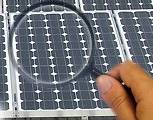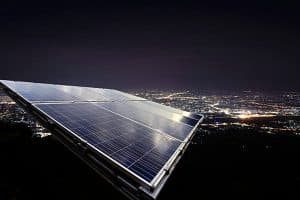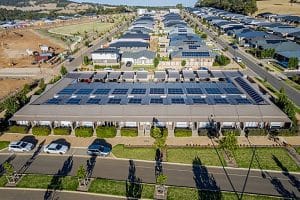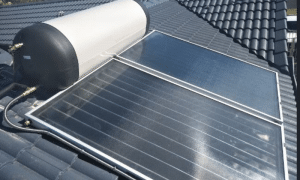Great deals on large residential solar power systems may not be all they seem – in reality they may not be anywhere close to the size alluded to in advertising.
With the end of the financial year close at hand and also a major reduction in the Solar Credits rebate (up front discount) occurring at the end of June, the remaining weeks of this month will see a slew of solar power deals being hurled at households looking to slash their electricity bills.
According to solar solutions provider Energy Matters, some consumers have been confused by wording of solar panel system advertising.
A tactic sometimes used is to accentuate the capacity of the solar inverter and downplay the number and capacity of the solar panels; at times giving consumers the impression the output of the system is more than it actually is.
For example, an ad may declare a system package includes a 3kW inverter and 8 solar panels. However, if those solar panels are only rated at 190 watts each, that adds up to 1,520 watts – or 1.52kW. This means the system is in reality a 1.52kW system, not 3kW – although it has room to grow by adding extra panels.
While the consumer may be made aware of the real system size in subsequent conversations with the company, the ability to add extra panels can also be a potential pitfall.
If a system package is purchased with a larger inverter with view to upgrading the system at a later date, consumers need to be sure the solar panel manufacturer will still be around at that time – and producing the same panels. Attempting to upgrade using different panels can cause problems.
Even if the manufacturer is still around and producing the same modules; if the panels are of low quality, the original solar modules may rarely achieve their rated capacity even when new and degrade more over a period compared to a good quality panel. A single degraded module in a solar panel array can negatively affect the performance of an entire system; meaning an upgraded system may not perform to its full potential.
Another potential issue when using large solar inverters in a small system is a loss of efficiency – up to 15%.
Buying a solar power system can be an exciting time, but as with any investment, consumers need to exercise caution in order to avoid disappointment. Energy Matters’ Consumer Guide To Solar Power aims to assist households in choosing a solar installer and equipment by detailing some of the tricks and traps associated with home solar power.
Related:







































